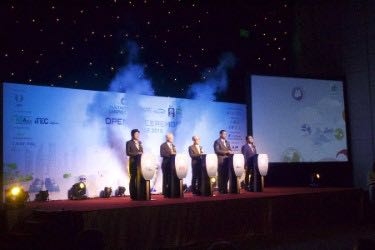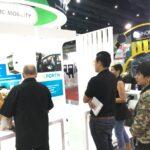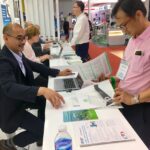Members of an Oregon trade delegation met with Thai and U.S. officials in Bangkok to explore the country’s burgeoning market for sustainable technology.
Thailand’s investment in green infrastructure and technology has opened up business opportunities for foreign companies. The country’s electric vehicle and recycling sectors, however, have yet to attract significant investment.
Members of the Oregon delegation met with the Thai Chamber of Commerce and executives of major Thai companies on Monday. They presented green technologies — batteries, charging stations and wood chippers — to Thai officials and executives of several large companies.
Thai officials showed interest in the presentations but appeared more interested in discussing China than Oregon.
Led by Honorary Consul General of Thailand in Oregon Nick Stanley, the delegation on Tuesday got a crash course in the Thai market.
In the morning the group met with the U.S. Commercial Service, a global network of trade specialists dedicated to assisting U.S. commercial interests around the globe.
Due to the Thailand’s sensitive political climate — the country has endured more than 20 coups in 50 years — commercial counselor Gregory Wong requested an off-the-record meeting.
Later in the day the delegation sat opposite a panel of U.S. business leaders at the American Chamber of Commerce. The chamber comprises 650 companies, 400 of which are American. The rest are Thai companies interested in the U.S.
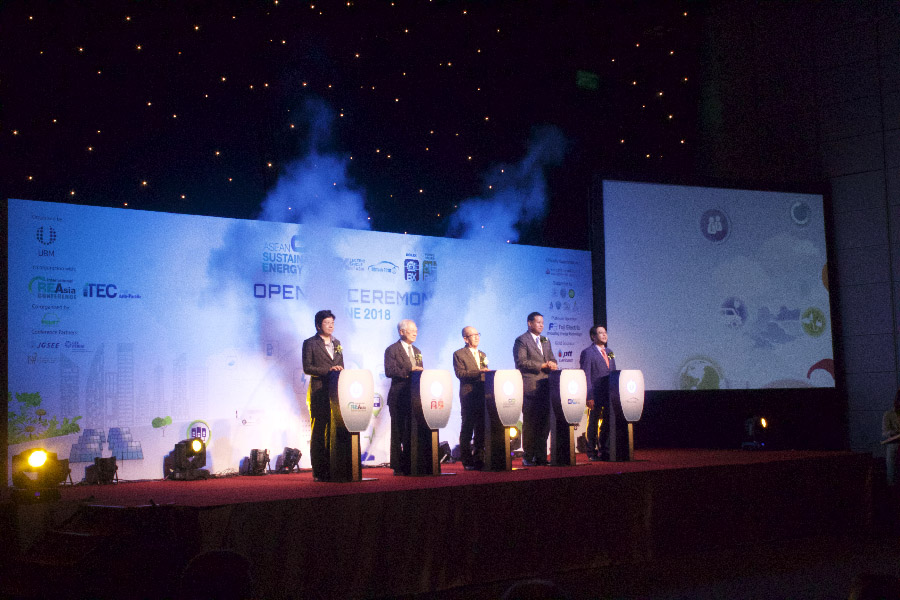
Oregon connections run deeper than you might think in Thailand; for example, the group of expats included Mark Wolf, a major real estate developer who graduated from the University of Oregon.
The business climate in Thailand is improving, chamber members said. The Commercial Service here is swamped with applications from new American companies. The country recently climbed to 26th in the World Bank’s rankings for “ease of doing business.”
The country also tightened its notoriously lax intellectual property laws.
“A lot of people underestimate the intellectual property risk in China,” Stanley said, “and underestimate the opportunity for protecting IP in Thailand.”
Yet business challenges for Americans here are legion. Regulations fill the books, but enforcement can be lax. Landfills offer cheap rates for dumping waste, discouraging large-scale recycling projects. Visas for employees hide beneath mountains of paperwork.
Hans van de Meer, who was here to explore applications for his electric vehicle charging company, EV Global, seemed discouraged by the lagging EV market.
Thailand lacks infrastructure and political will supporting electric vehicles, in part because officials from the Chamber and Ministry of Energy also hold positions in PTT, one of the country’s largest oil companies. The country offers no tax incentives for electric vehicle companies, partly because of fears that the EV industry would crush a thriving market for small eco-cars.
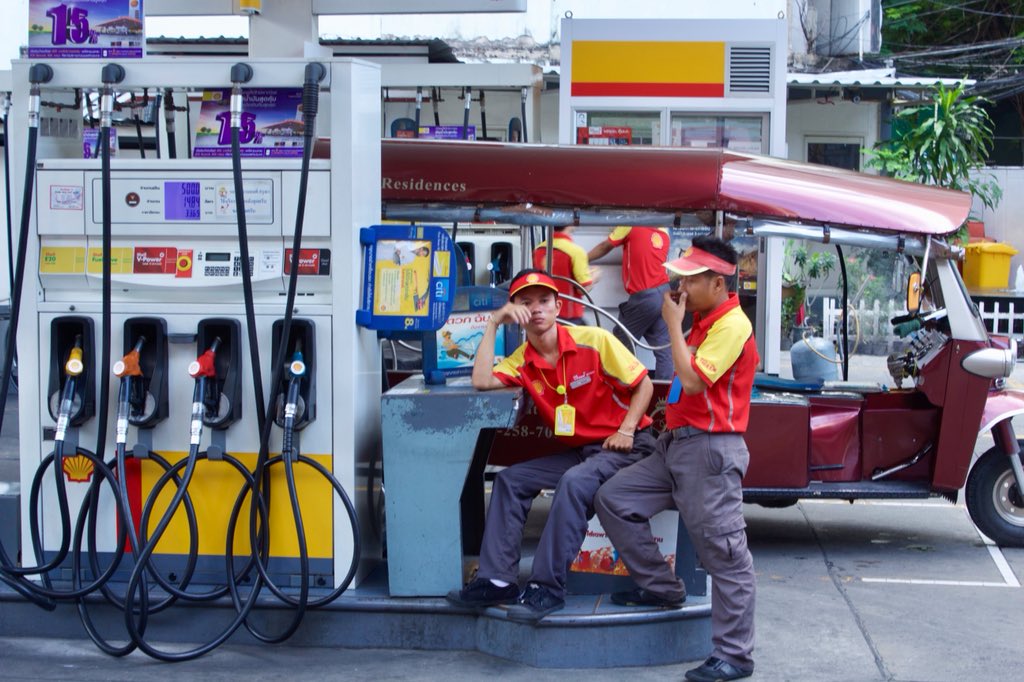
For others, however, the trip has already proven worthwhile. The delegation is devoting four days to the ASEAN sustainability week, one of the largest renewable energy trade shows in Asia.

The show paid off on day one for Mike Gerard, CEO of Cubed Mobility. Founded two years ago, his small company designs and builds electric buses to suit global markets. He met with officials from the US Embassy and others today. He says the discussions led to a major opportunity in Southeast Asia.
He called the conference “one of the best trade shows I’ve been to in my business career.”
To subscribe to Oregon Business, click here.


